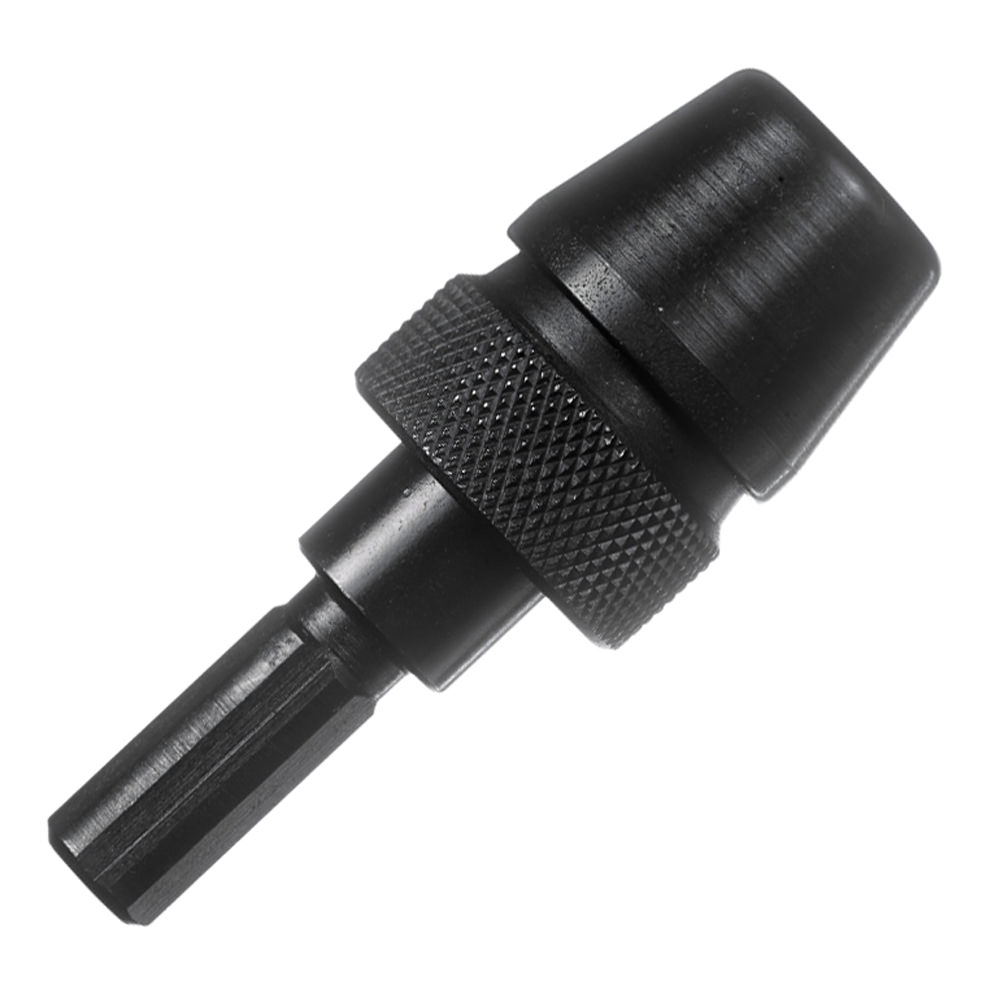TwoBlocked
Senior Member
- Location
- Bradford County, PA
- Occupation
- Industrial Electrician
So we do a lot of 3/8"-16 drilling and tapping for installing grounding servit posts. Saw that Champion has a combo bit for quick change impact guns. So I bought a few to try them out. Turns out that for their 3/8 inch drill/tap, the quick change hex shaft is 11/32 inch, not the usual 1/4 inch !!! Never heard of such a thing ...
Any idea where to find an adapter so I can use this bit in a 1/4 inch impact gun? Yeah, I know, I can put it in an impact drill or use a 1/4' quick change with a drill chuck, but that kinda defeats the purpose of having a bit that is quick change to start with.
Any idea where to find an adapter so I can use this bit in a 1/4 inch impact gun? Yeah, I know, I can put it in an impact drill or use a 1/4' quick change with a drill chuck, but that kinda defeats the purpose of having a bit that is quick change to start with.



